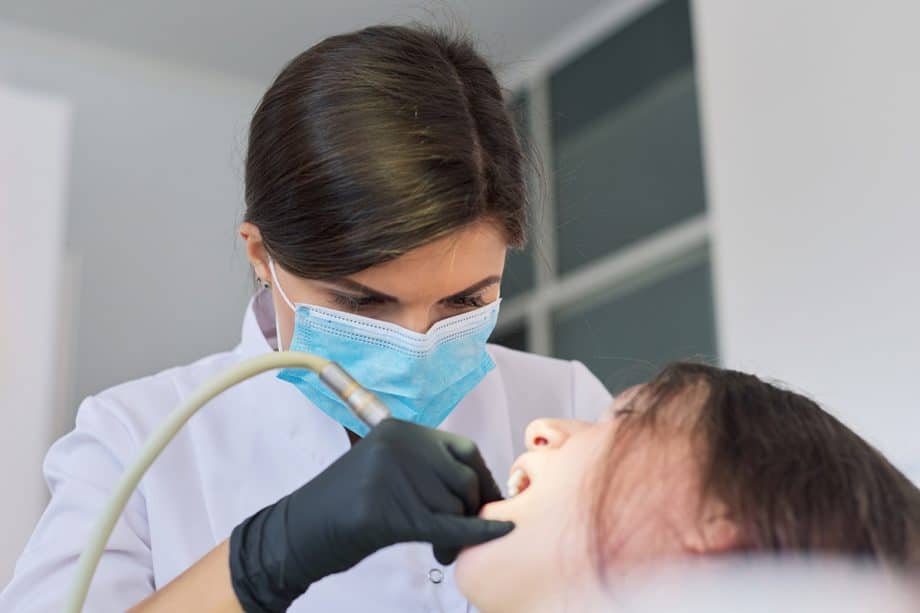Wisdom teeth are also called the “third molars” and are located in the back of your mouth. In many instances, these teeth don’t have enough room to grow-in properly and can cause damage to adjacent teeth, loss of jawbone, and formation of fluid-filled sacs within the jaw (also known as cysts).
If wisdom teeth develop at the wrong angle within your jaw, most dentists recommend removing them. This is because those wisdom teeth may remain completely or partially trapped within the jawbone (also known as impacted), increasing the likelihood of food entrapment, build-up of bacteria, tooth decay, gum inflammation, swelling, infection, and pain.
If you’re told by a dentist that your wisdom teeth should be removed, it’s important to think about whether you’ll need sedation for your wisdom teeth surgery.
Is Sedation Required for Wisdom Teeth Extractions?
Rarely is sedation “required” for wisdom teeth surgery; however, whether you’ll want sedation for wisdom teeth removal depends on how your teeth are growing within your jaw, your health, and your comfort level with oral surgery.
In many cases, a wisdom tooth extraction can be performed with simple numbing injections into the mouth (also known as local anesthesia or “novocaine”). However, when multiple wisdom teeth are to be removed, or if any of those teeth are impacted, a longer surgical time will be necessary, resulting in more anxiety for the patient.
To alleviate anxiety, there are different types of sedation.
Types of Sedation for Wisdom Teeth Removal
As mentioned, for extraction of a single wisdom tooth, patients may need only local anesthesia for the procedure. This is an injection of novocaine into the affected area of the mouth, providing numbness of the jaw. If only local anesthesia is used, the patient is fully awake during surgery and aware of what is happening.
For those who are uncomfortable with oral surgery, or for more complex or multiple teeth extraction cases, here are the types of sedation generally offered for oral surgery in the office:
Nitrous Oxide – Often referred to as “laughing gas,” this is a tried-and-true method of minimal sedation in the dental office. Laughing gas is given through a mask placed over your nose and is controlled based on the patient’s tolerance. It’s applied quickly and wears off just as fast. The patient is conscious but feels more relaxed during the procedure.
Valium – This type of sedative is a pill that is prescribed for anxiety. It acts relatively quickly and lasts for several hours. Combined with nitrous oxide, Valium can be a potent sedative that can keep you relaxed and possibly sleepy during surgery.
IV (Intravenous) – The deepest forms of sedation can generally be administered through IVs, where the patient is given sedation medication directly into the bloodstream. This works quickly and is continually monitored by the oral surgeon throughout the duration of your surgery.
Discuss Sedation Options with Manchester Oral Surgery
Although not required, sedation is commonly administered to patients for wisdom teeth removal. It helps make oral surgery a more pleasant, and hopefully forgettable, experience. Without sedation, patients can be surprised at how involved a wisdom teeth surgery may be. In order to stay calm throughout the procedure, it is best to have your anxiety well-controlled.
To ensure sedation is the best option for you, contact us at 603-622-9441. Our team at Manchester Oral Surgery will help determine how you’d benefit from wisdom teeth removal, as well as the perfect sedation plan to meet your expectations.

